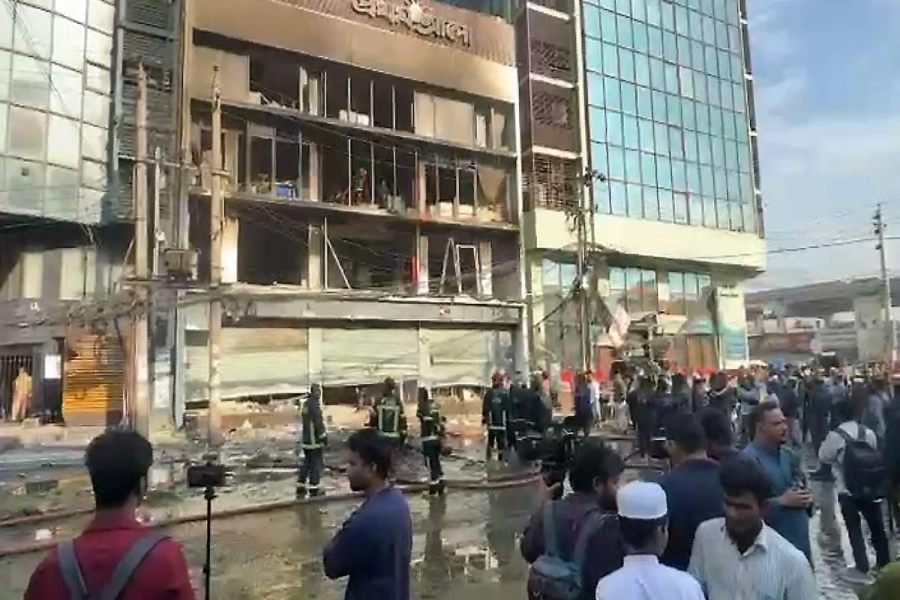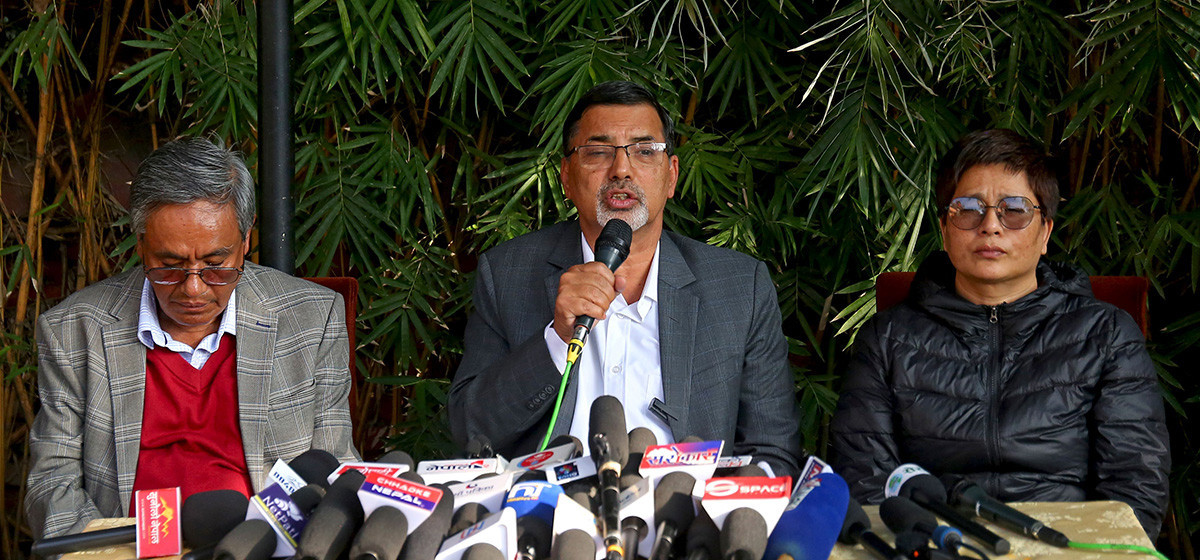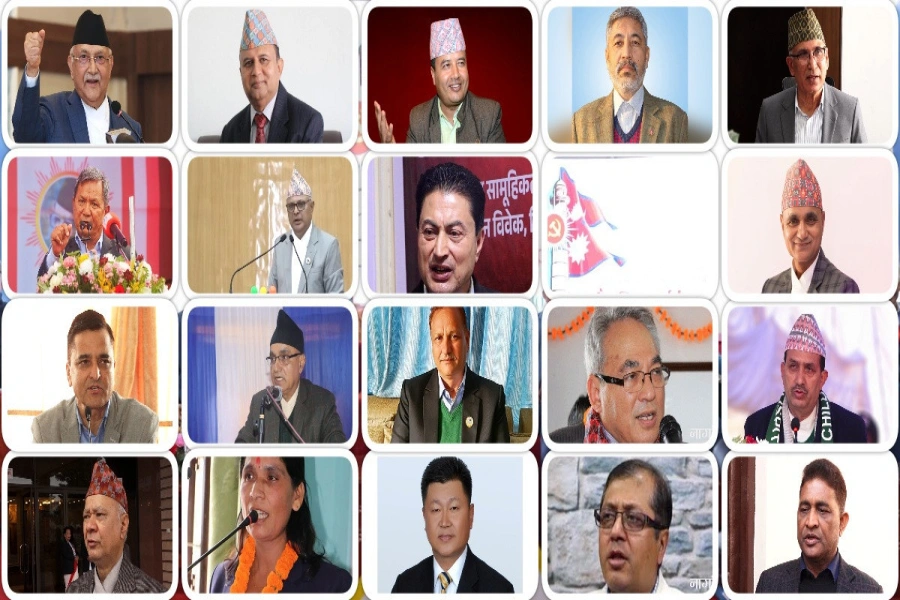KATHMANDU, April 30: Lack of data on accidents and hazards that the workers have been facing at their workplace has been hindering the implementation of measures to ensure occupational safety and health in Nepal, according to the International Labour Organisation (ILO).
The ILO has underscored that safe and healthy working conditions are fundamental for decent work and its significance has been further amplified by the COVID-19 pandemic. “However, absence of related data and lack of initiation by the employers concerned have appeared as the main setback when it comes to implementing occupational safety of workers,” said Richard Howard, director for the ILO Country Office in Nepal.
The ILO has been considering protection of workers against sickness, disease and injury related to the work environment at its center. From the onset of the COVID-19 crisis, the ILO Occupational Safety and Health (OSH) standards have been more relevant in relation to the principle of prevention.
Oli wins hat-trick term as UML chair

In most of the cases, Nepali workers are found doing their work without having minimum safety logistics such as helmets, gloves and boots, among others. It has compelled the workers to face high risks including the fatal injuries. The spread of COVID-19 has created additional hazards to workers in almost all sectors, says ILO.
Howard stressed the need for the government’s approval on the ratification of ILO Convention 155 for effective implementation of the OSH system. The ILO Convention 155 is currently under review by the parliamentary International Relations and Labour committee. However, it has been much delayed to receive approval.
The government has prioritized the OSH provisions by including them under the fundamental rights and duties of the Constitution. Although Chapter 7 of the existing Labour Law has described specific OSH regulations, there is no exclusive legislation that incorporates the issue properly.
According to the ILO, the ratification of the international convention will help define the responsibilities of governments and employers and the rights of workers regarding the OSH.


































